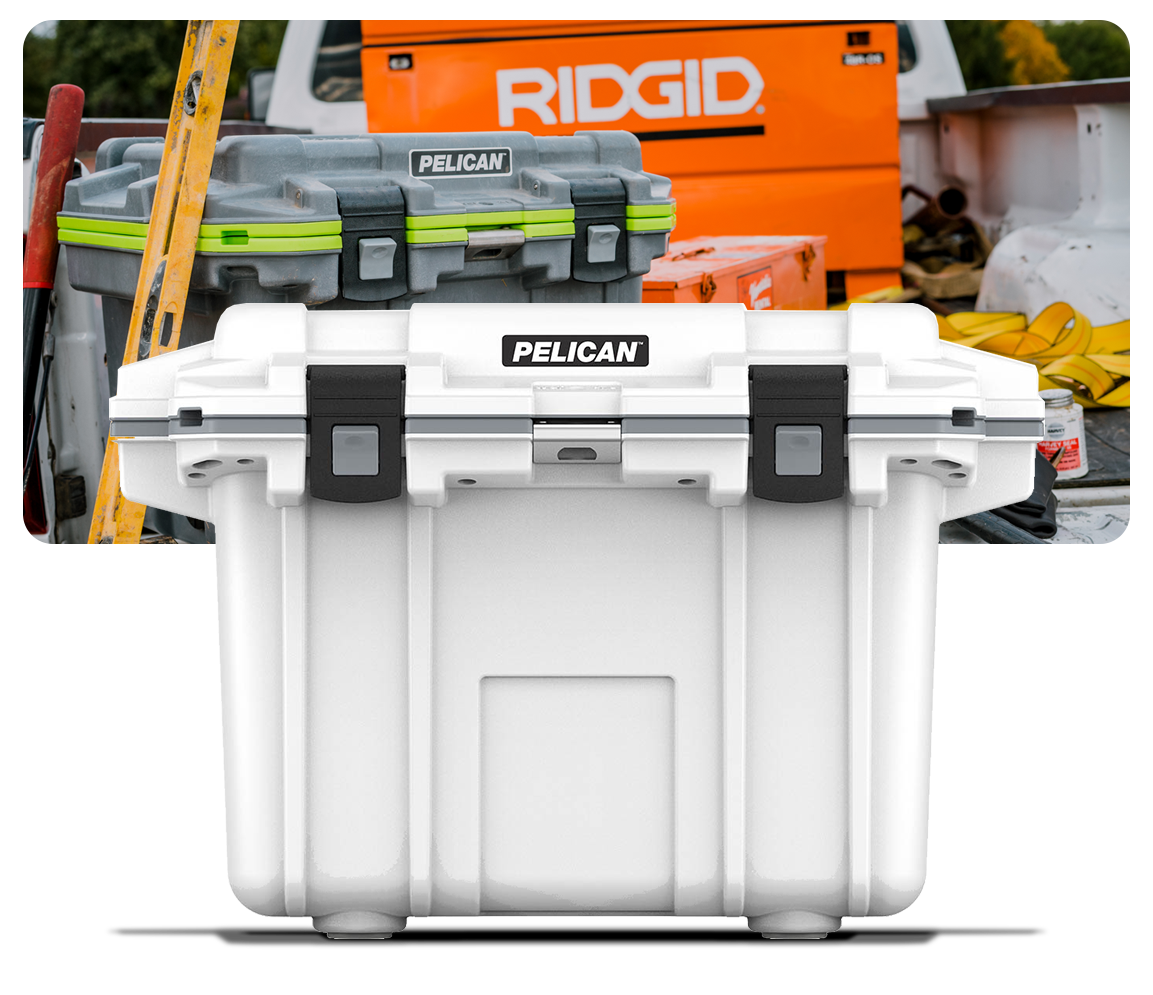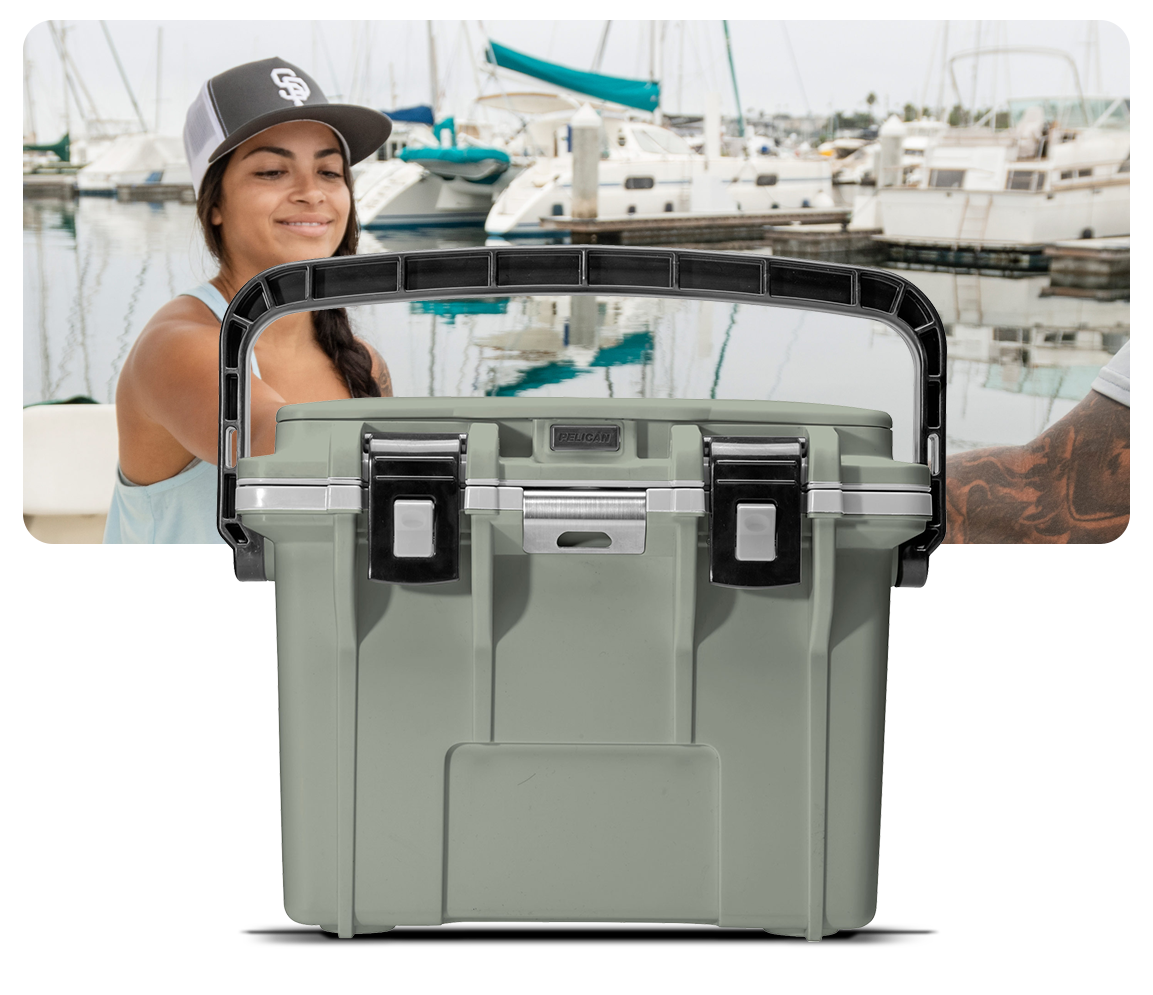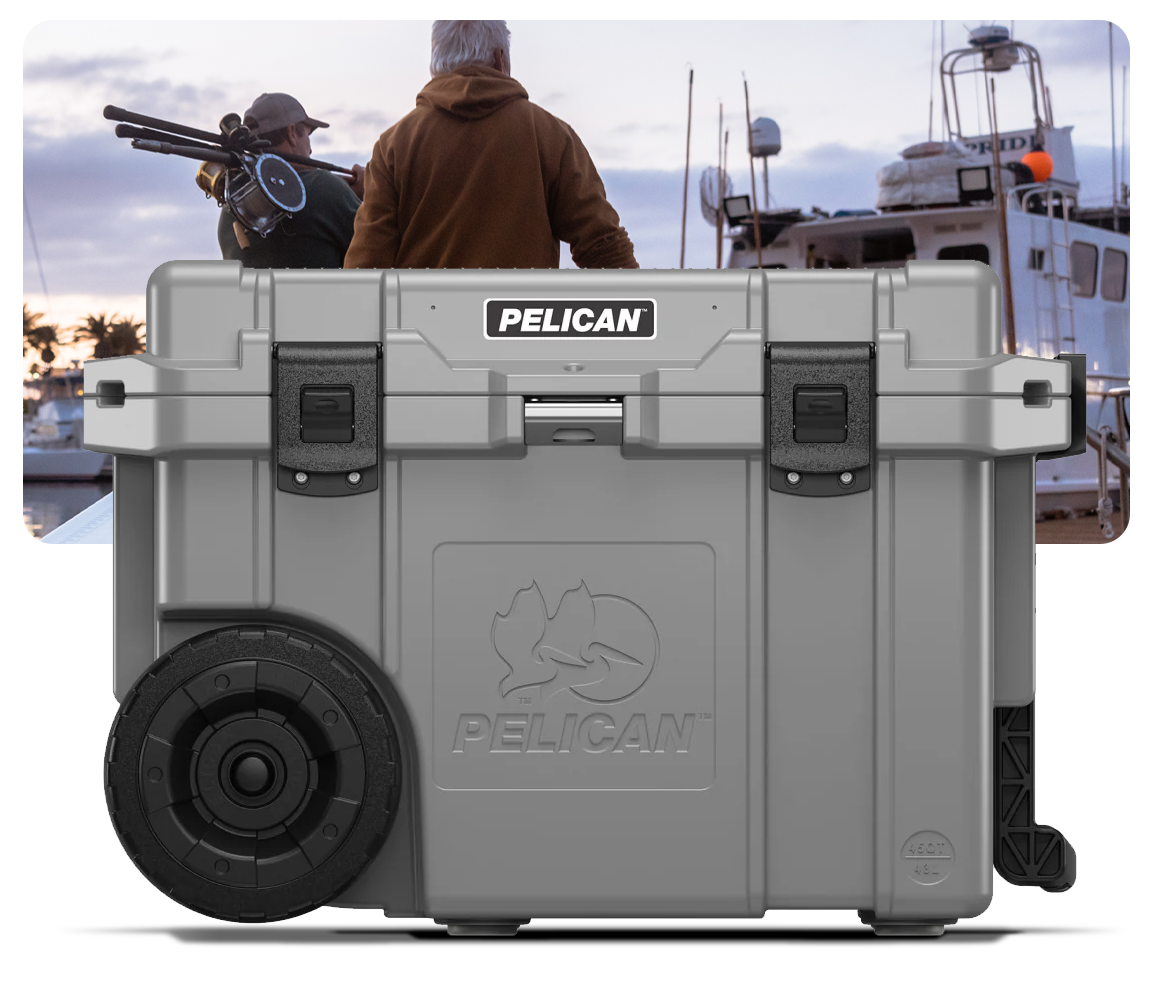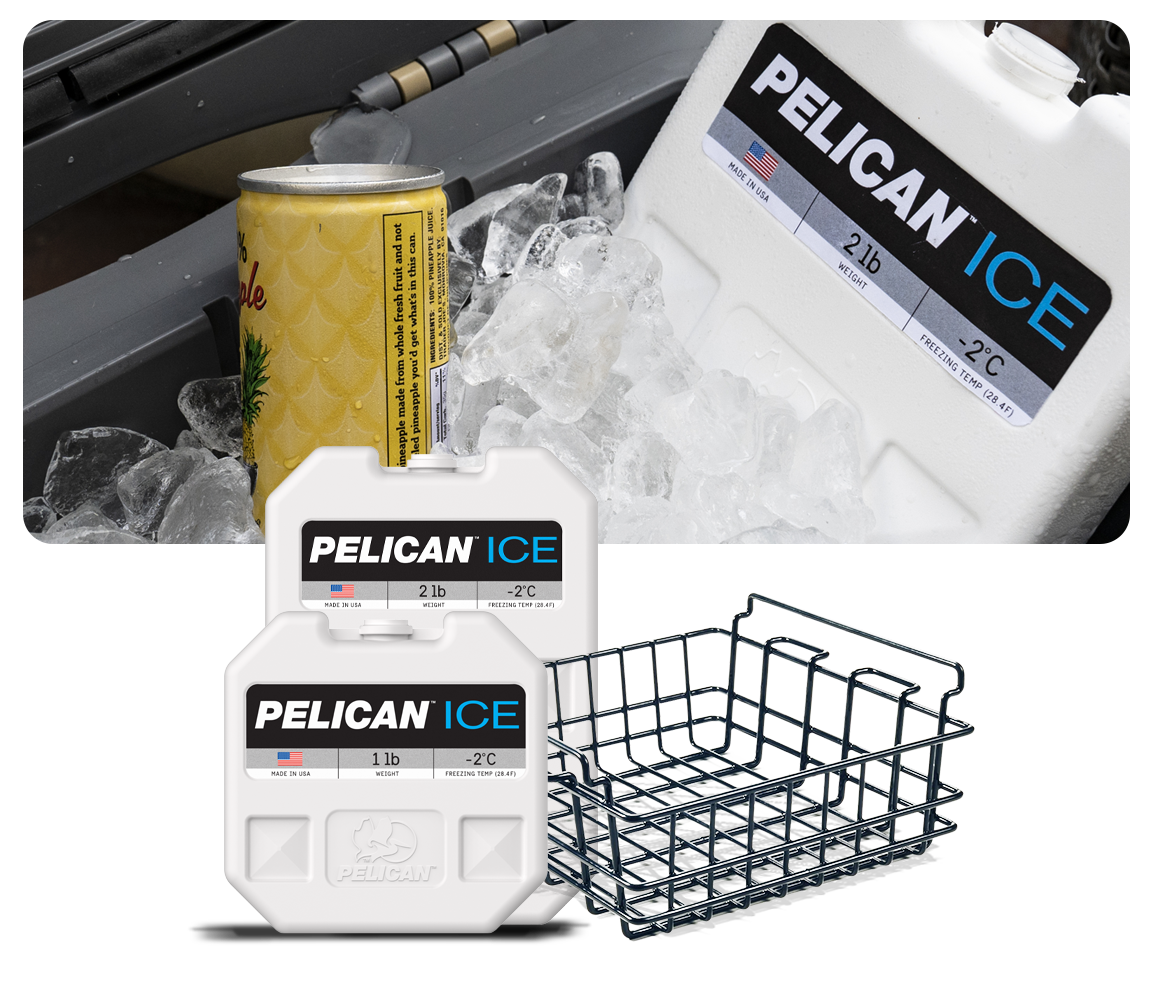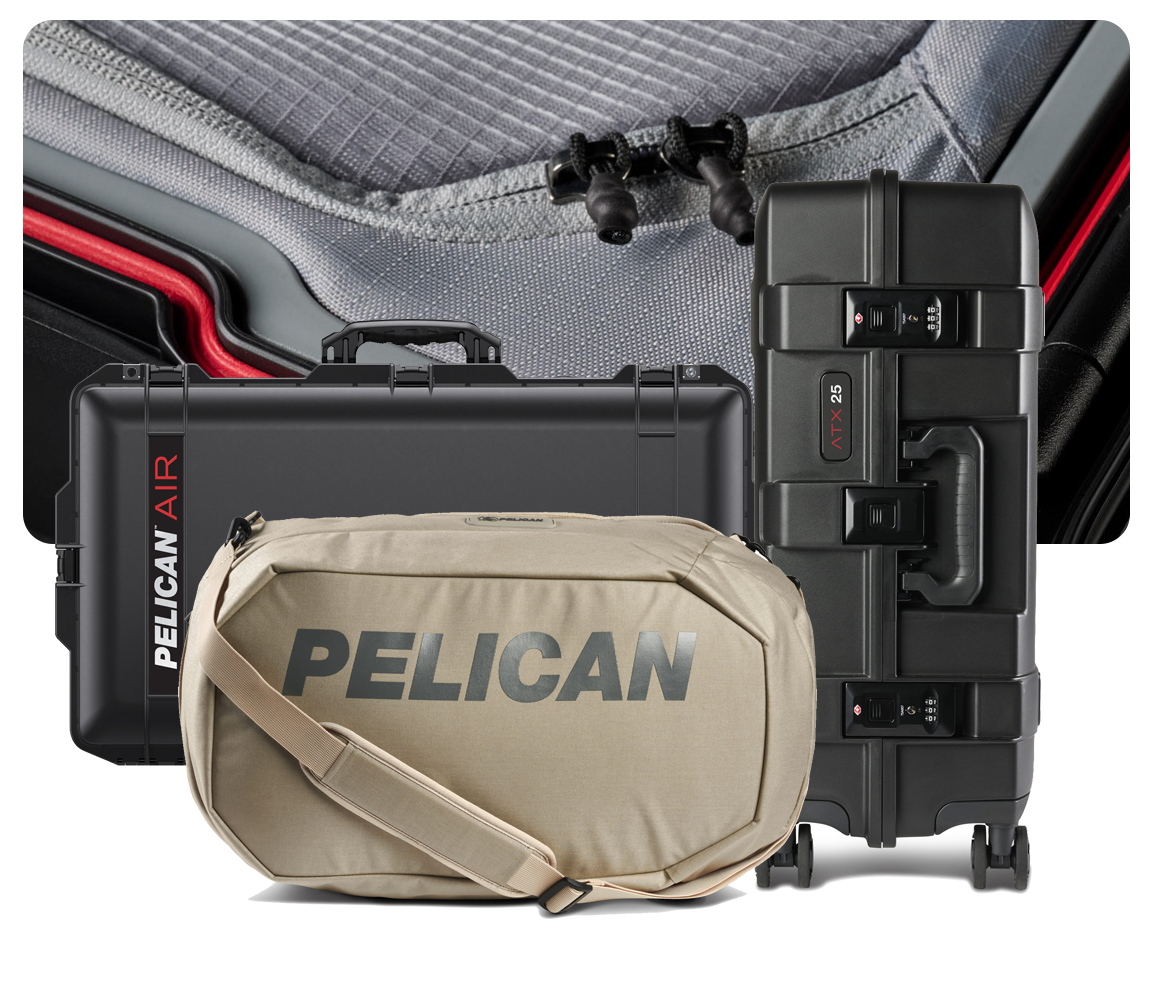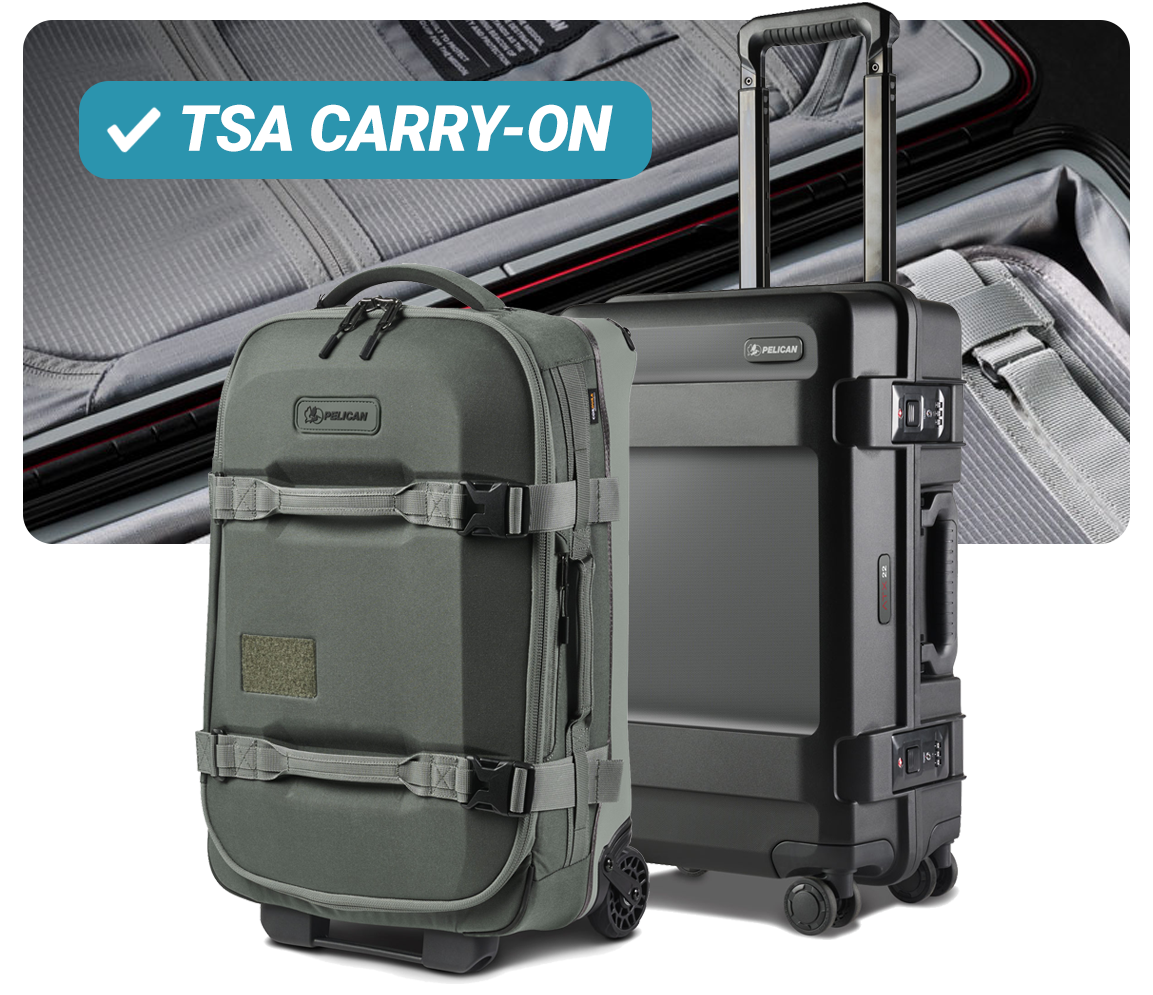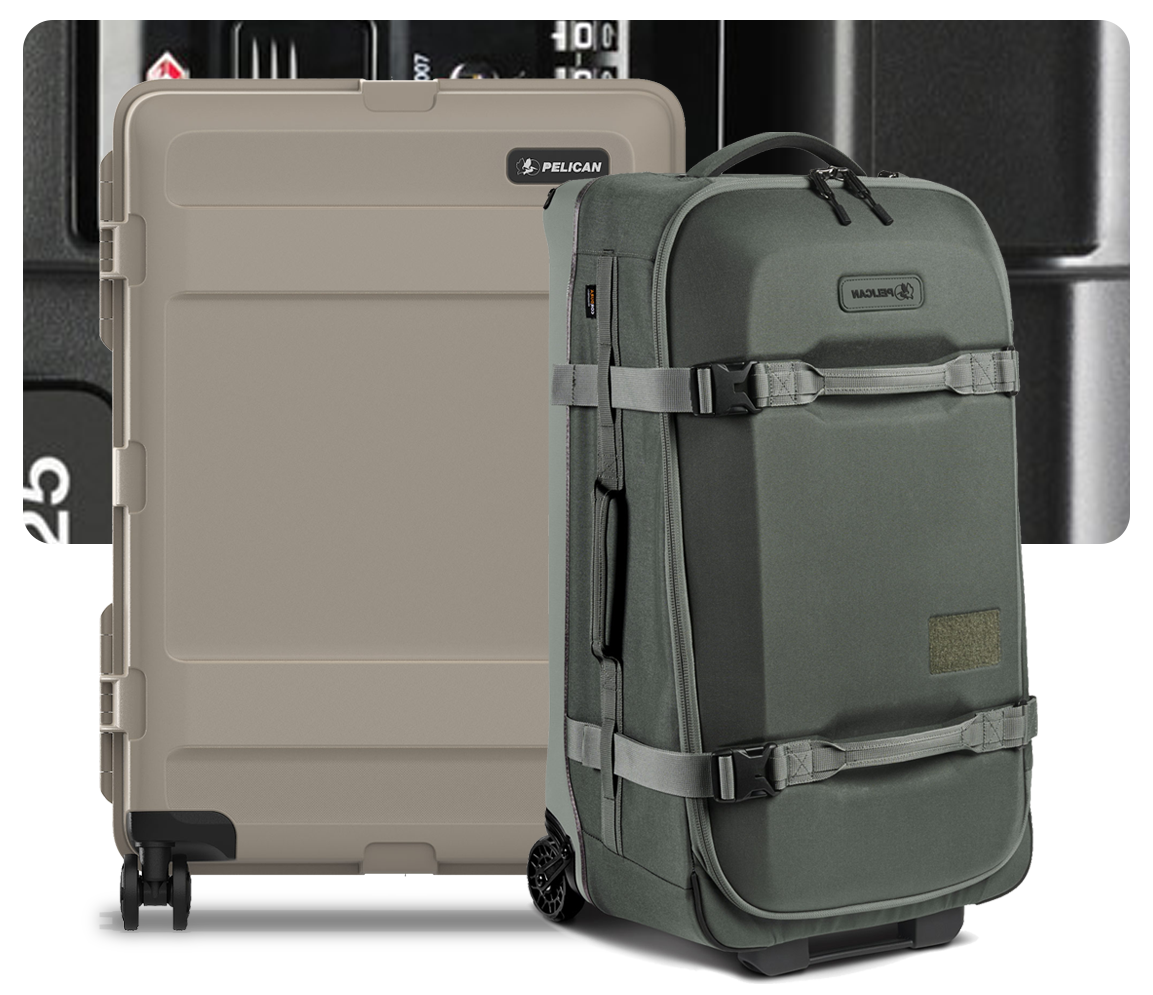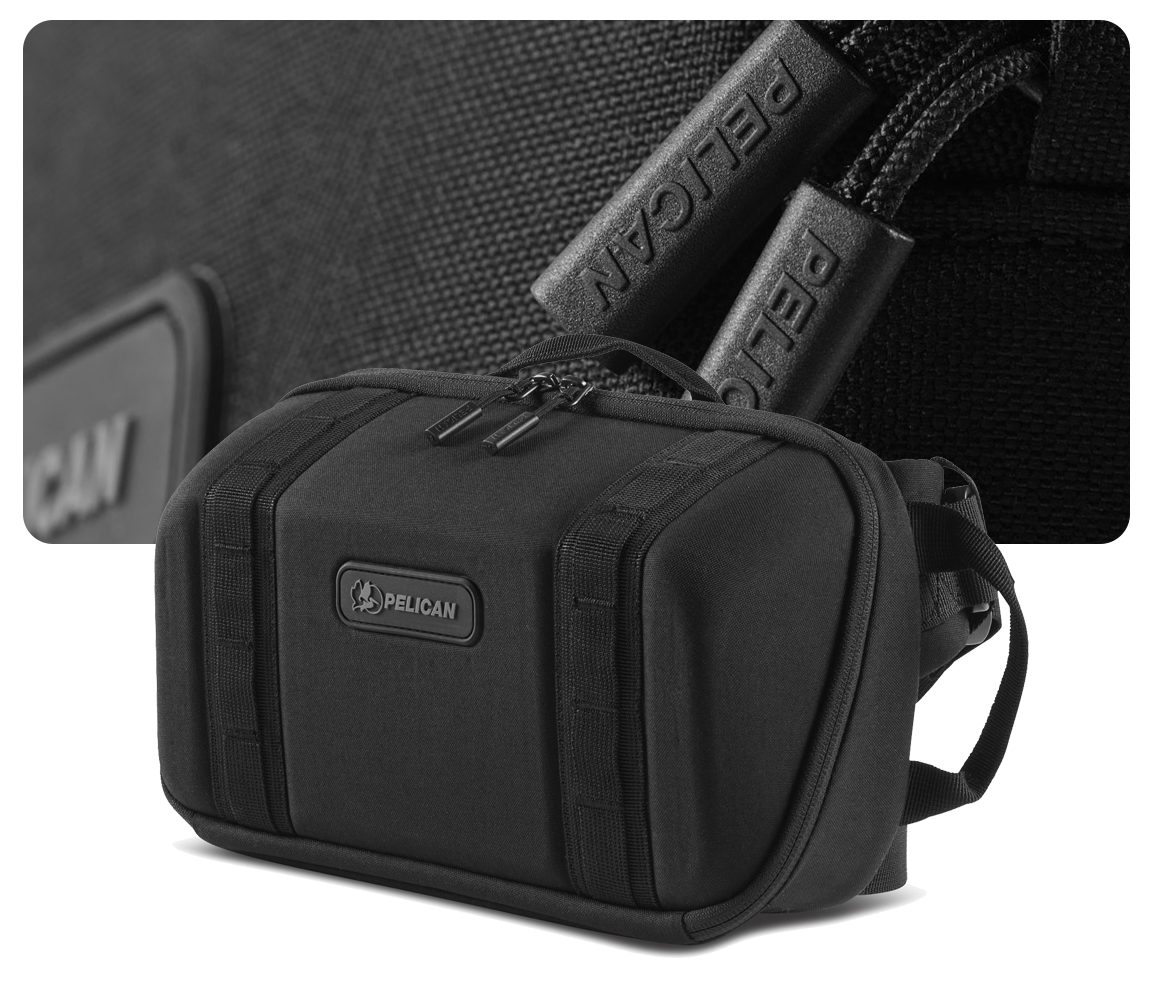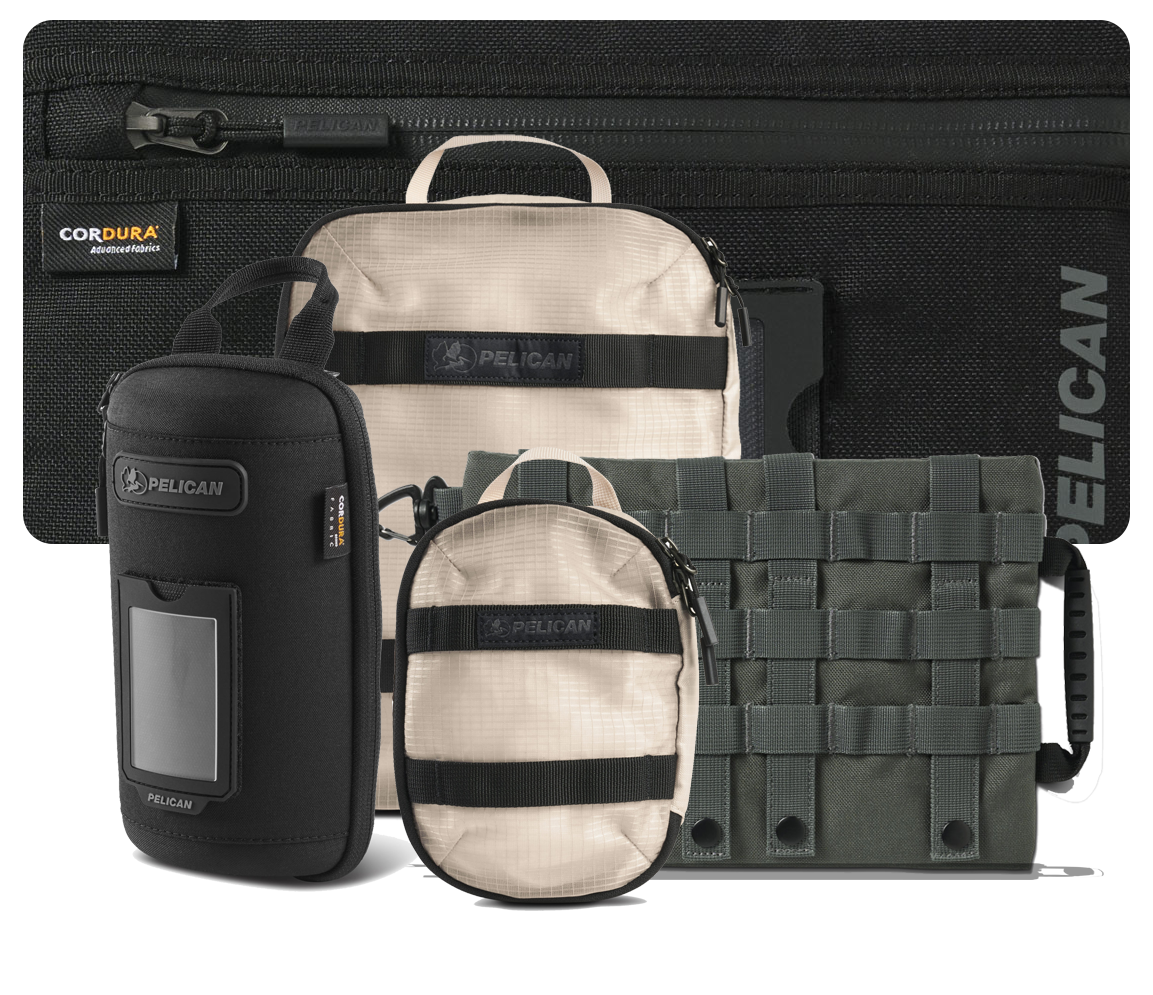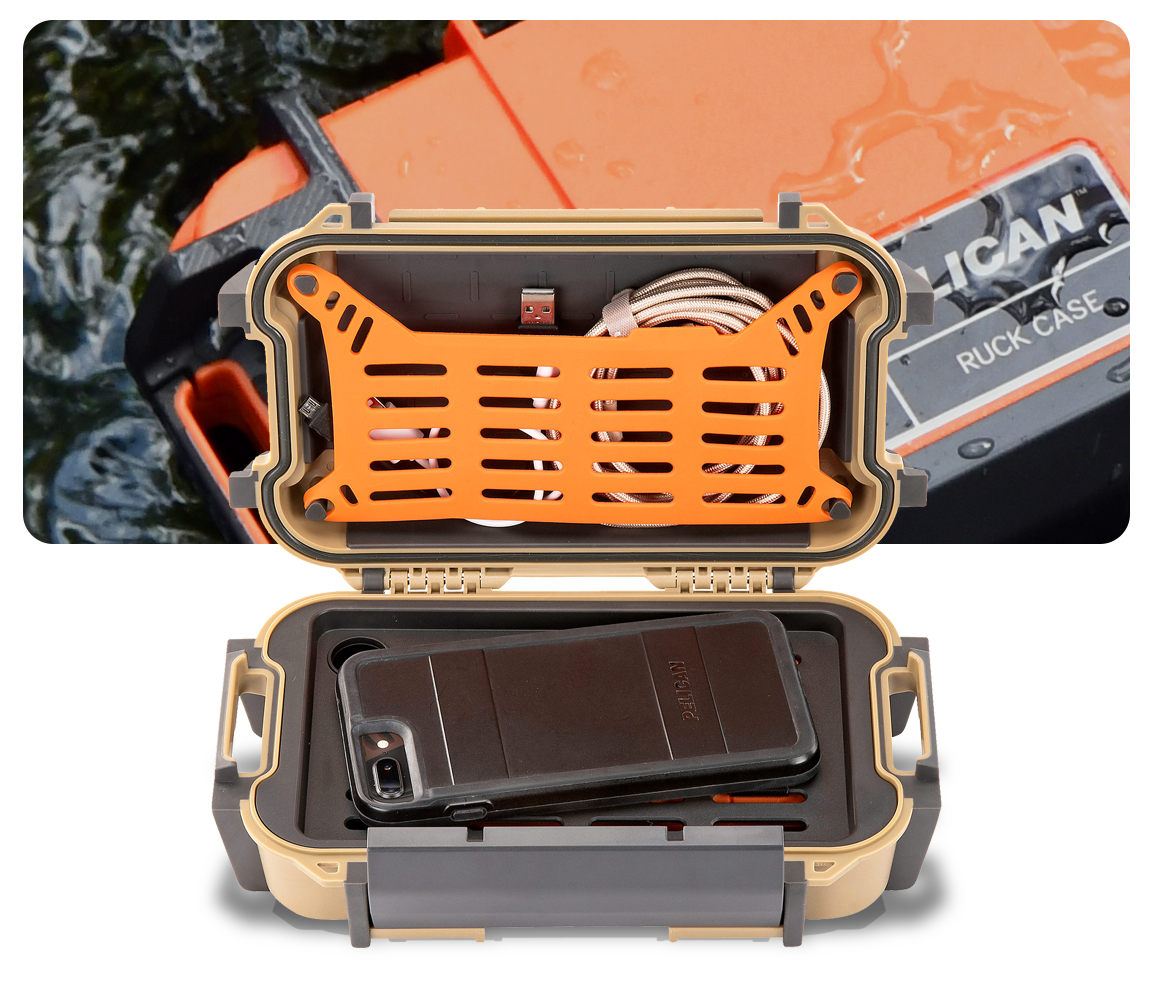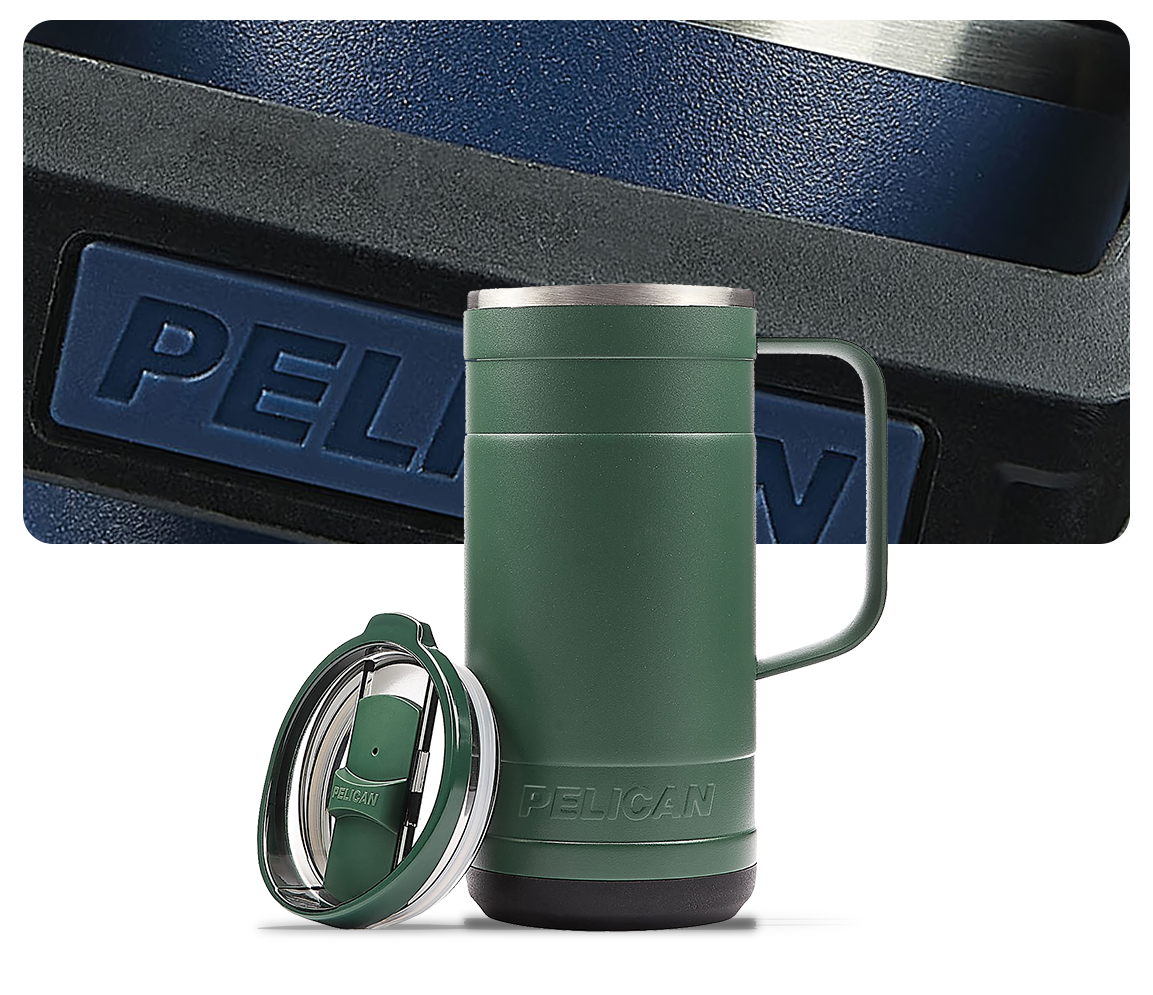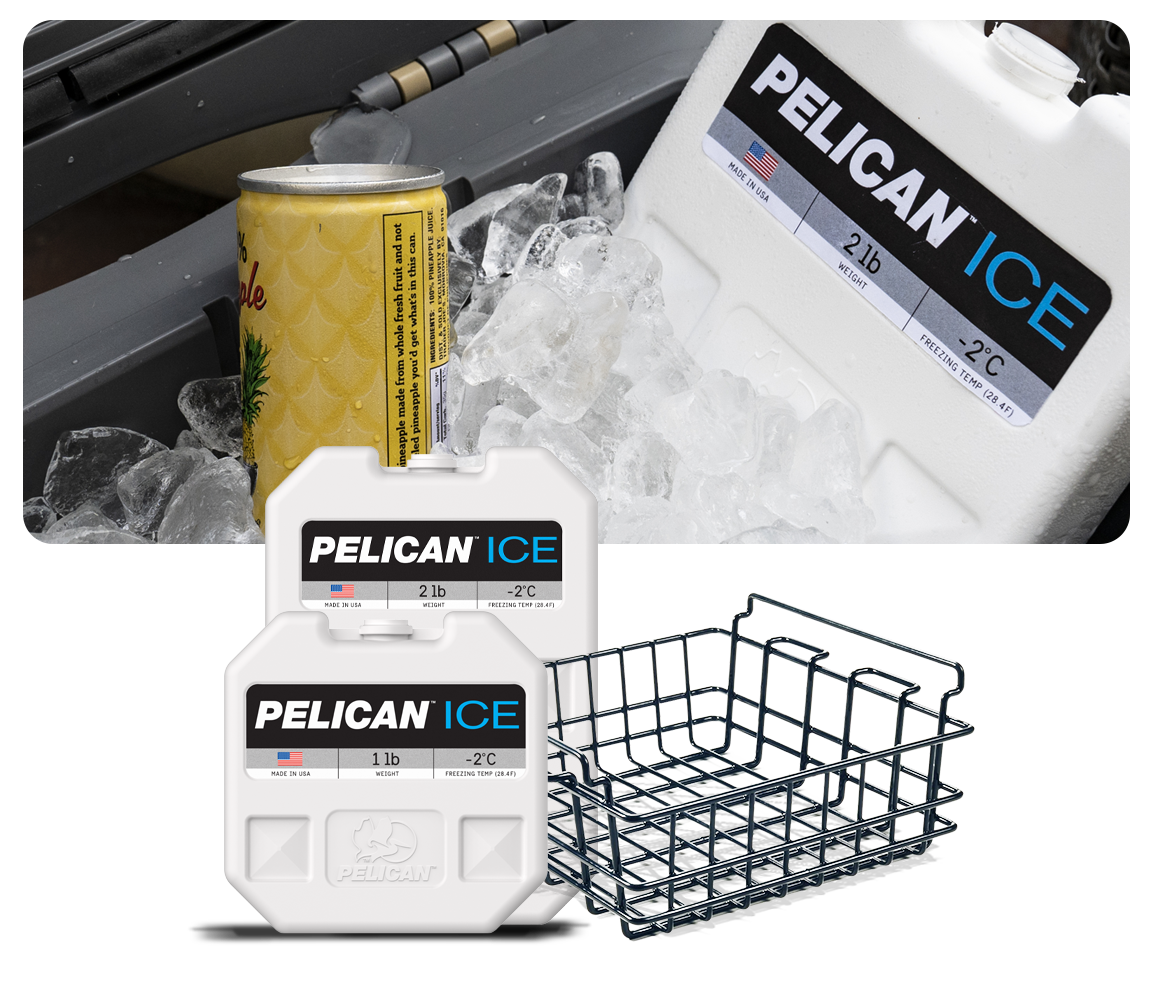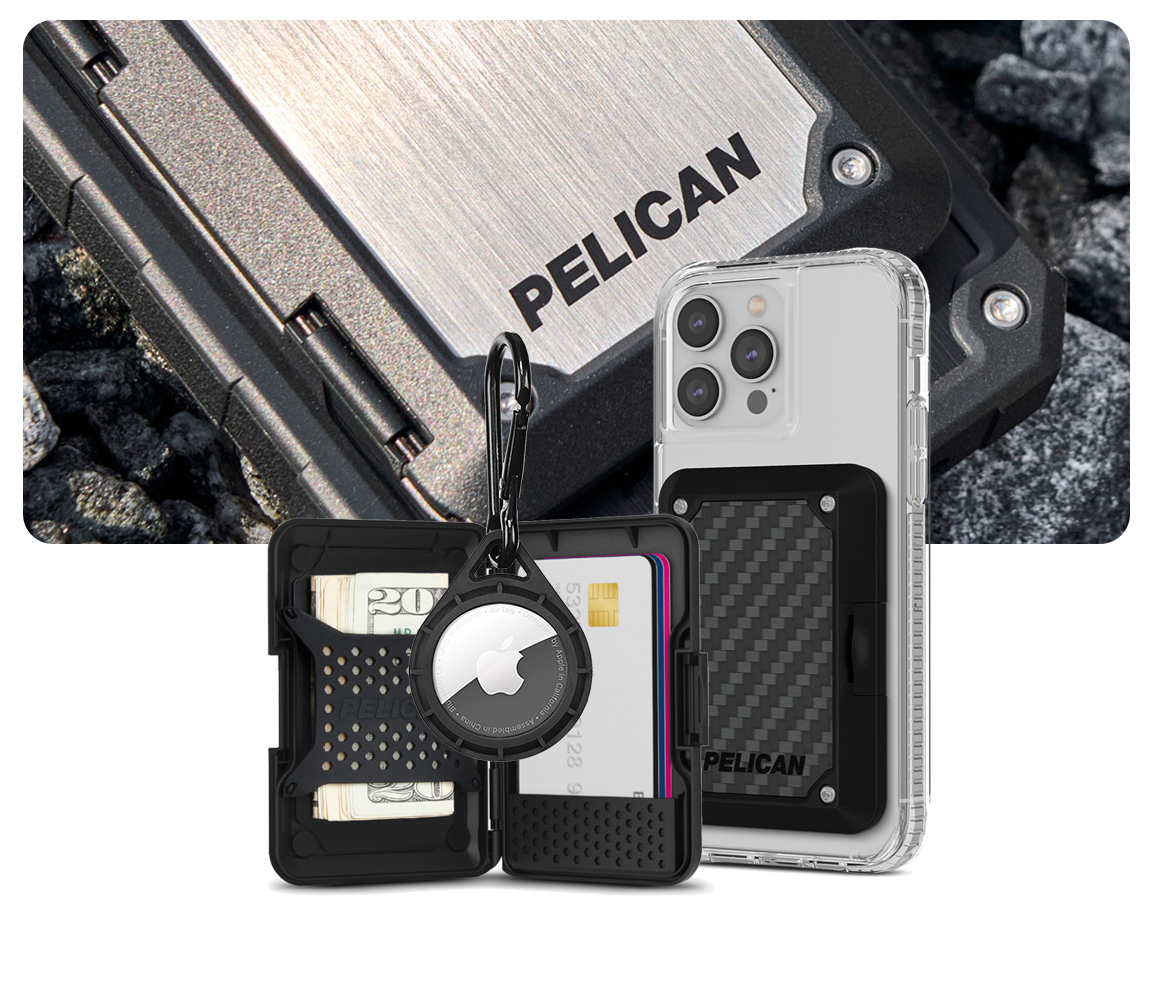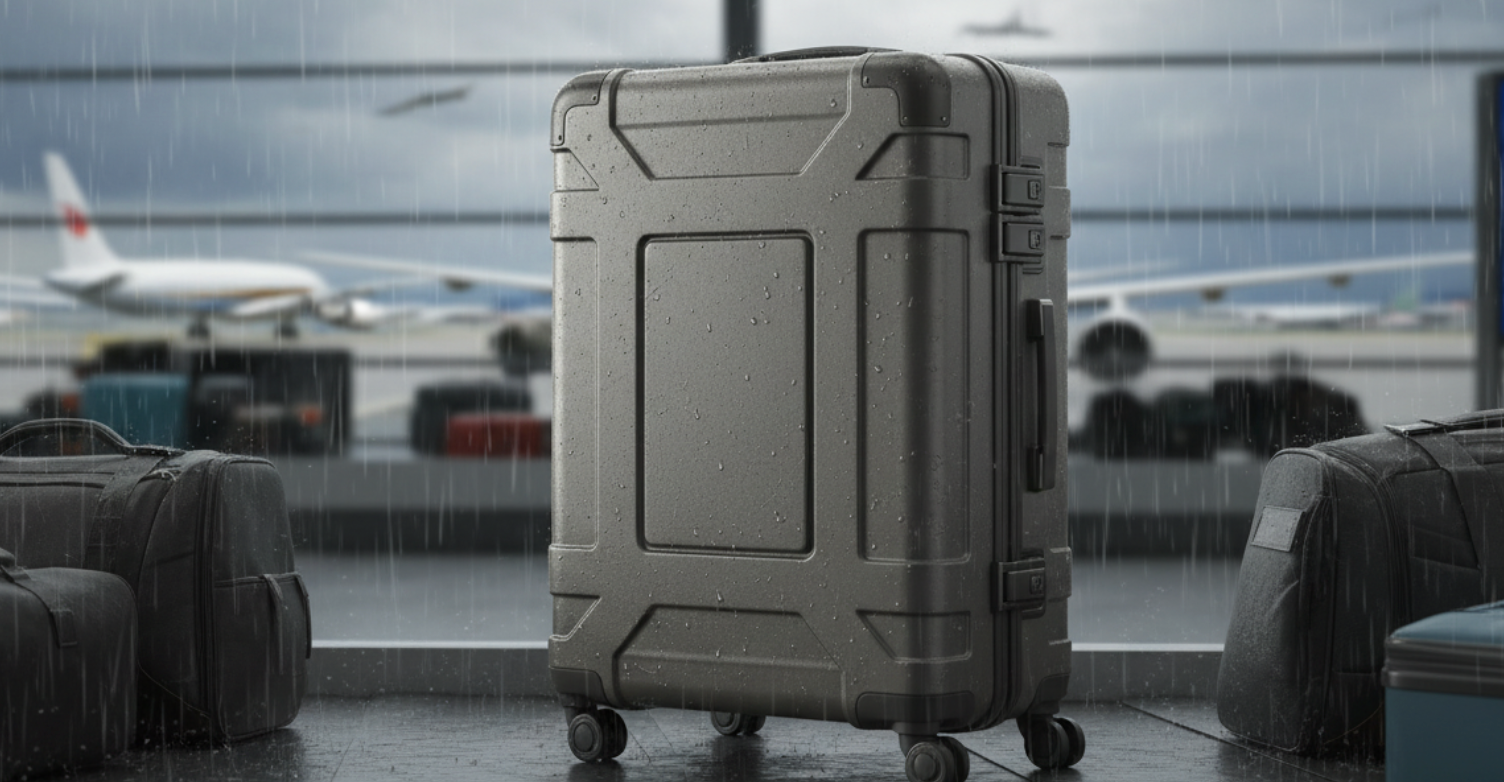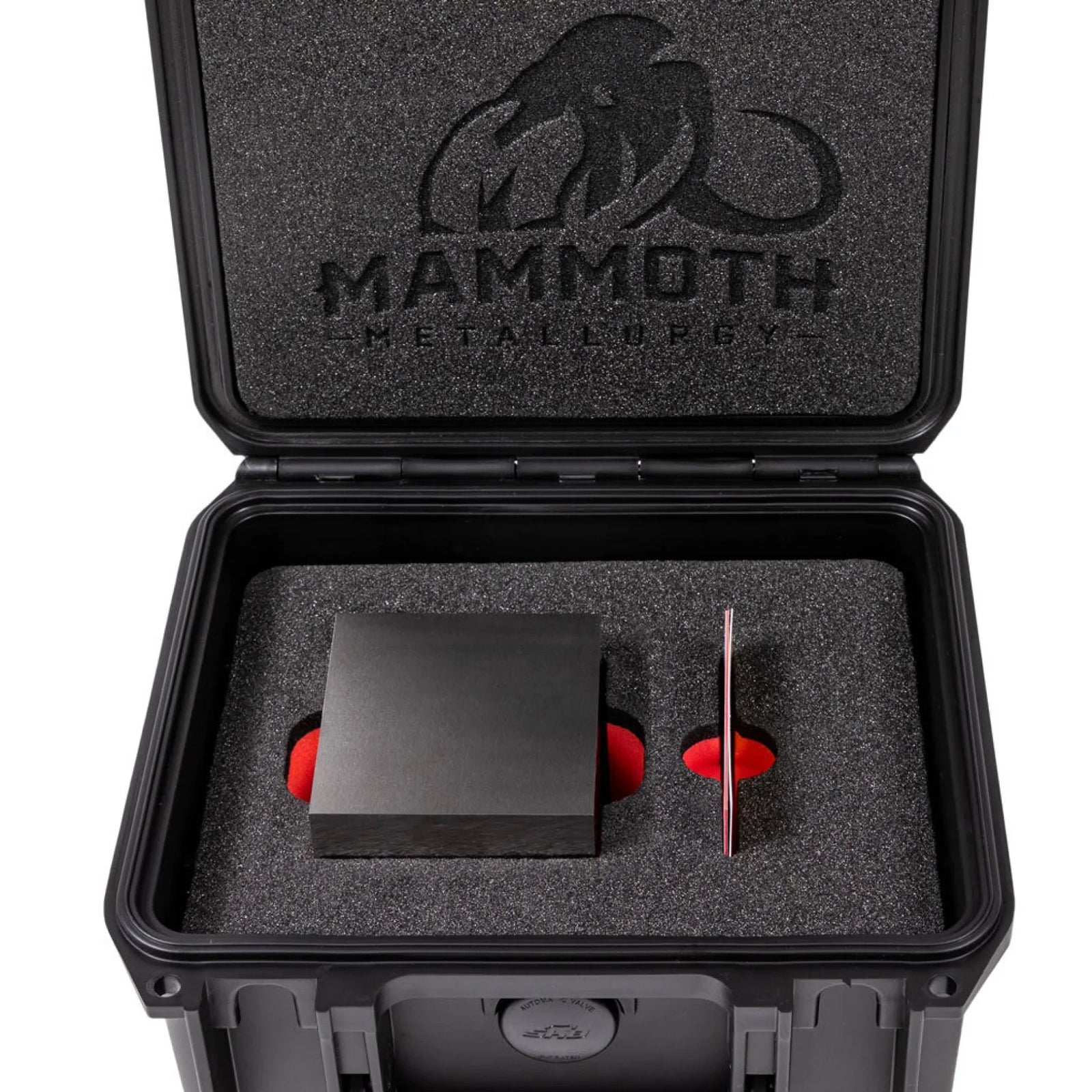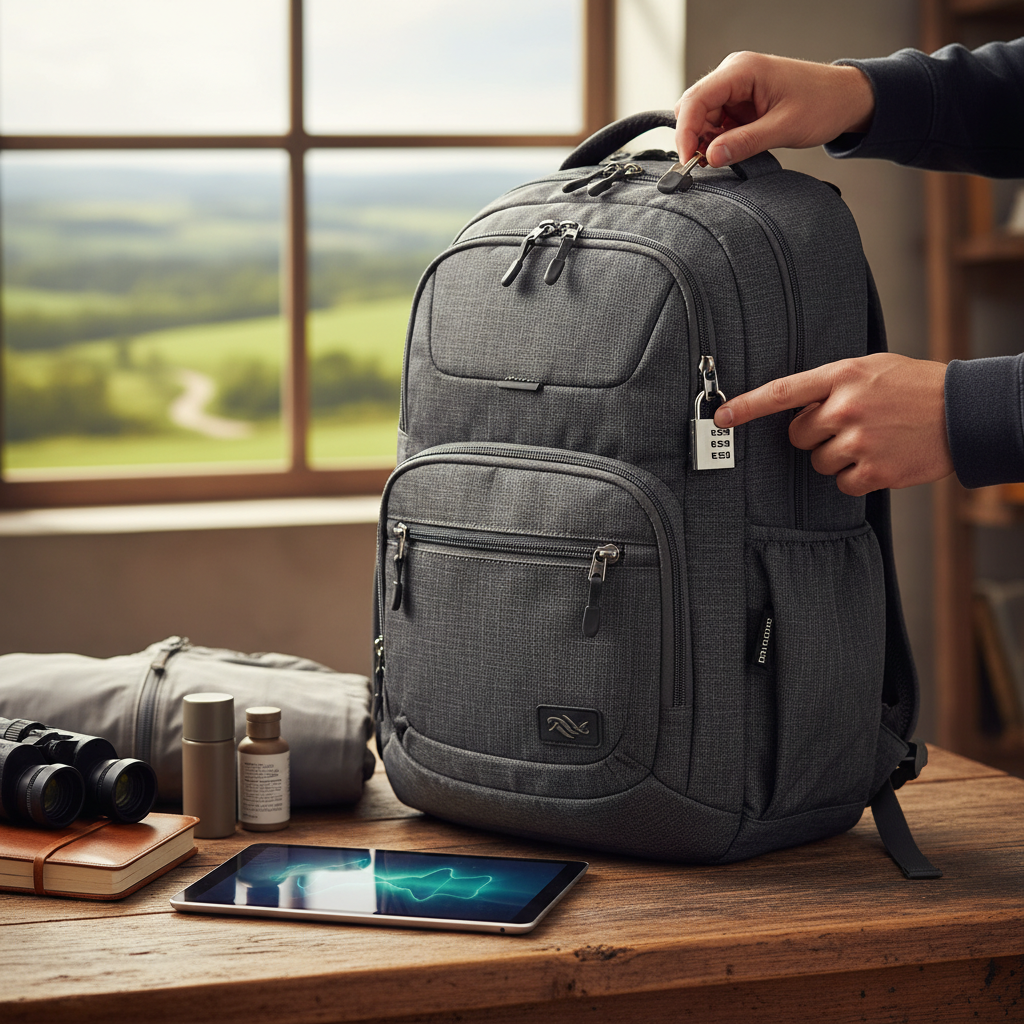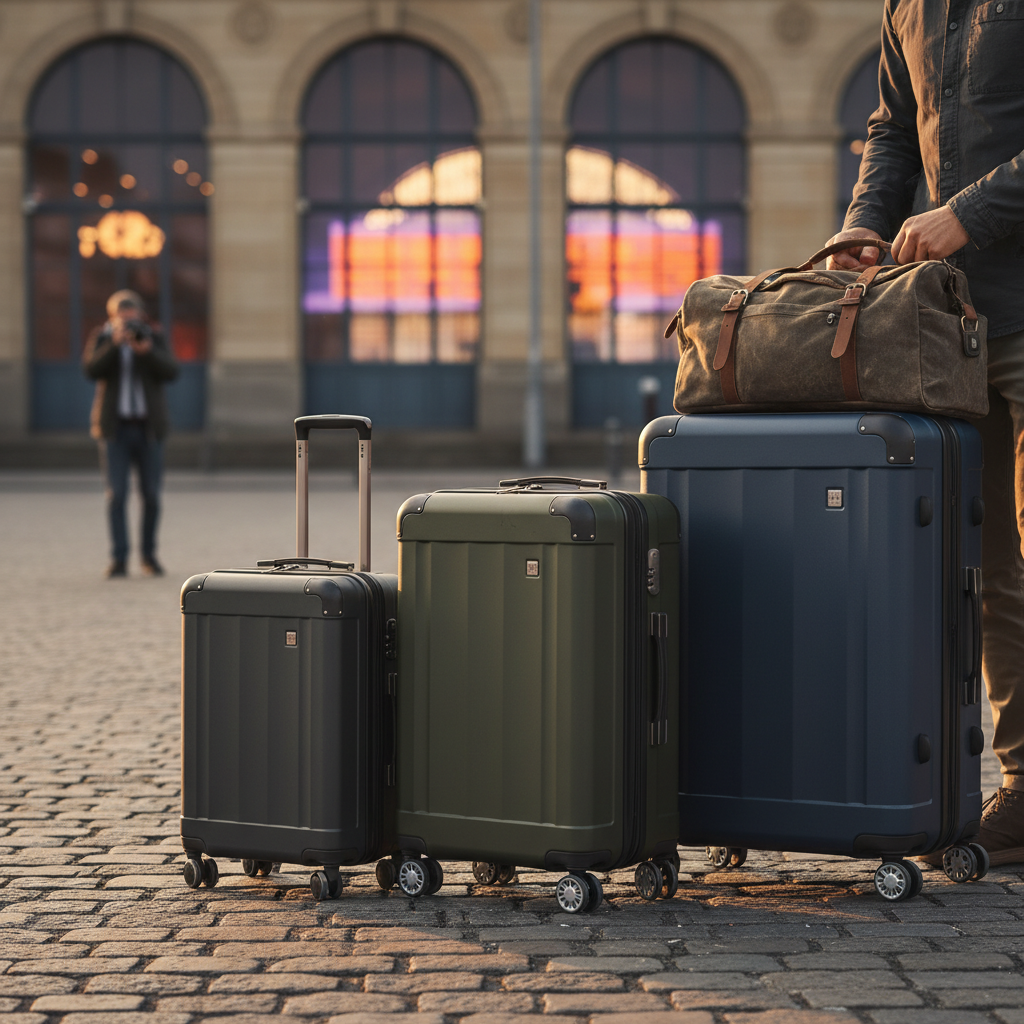Quick Summary / Key Takeaways
- Hard case luggage offers superior protection against impacts and harsh handling. It safeguards your belongings like no other travel gear.
- Material choice is important. Polycarbonate is flexible and strong. Polypropylene is lightweight and sturdy. Aluminum gives you great durability and a stylish look.
-
Enhanced security features, like TSA-approved locks, help prevent theft. This ensures peace of mind.
- Taking care of your hard case luggage helps it last longer. Regularly clean it and check the wheels and zippers. This simple upkeep can make a big difference.
- Invest in quality hard case luggage. Double spinner wheels and sturdy handles mean long-term value and fewer travel hassles.

Introduction
Remember that gut-wrenching moment when your suitcase tumbles down the airport conveyor belt? You know the delicate souvenir you just bought is inside. For seasoned travelers, that's a familiar pang. It's why many of us upgrade from flimsy soft-sided bags to sturdy hard case luggage.
A hard case suitcase is more than just a shell. It says, 'My belongings matter, and they need strong protection.' It protects you from travel surprises, like rough baggage handlers and sudden rain. These aren't just suitcases; they're fortresses for your essentials. But choosing the right hard case can feel overwhelming.
Polycarbonate? Polypropylene? Aluminum?
Which one gives you the best mix of durability, weight, and value for your travel style? This guide will help you navigate the options. You'll gain insights to make an informed choice and invest in luggage that truly lasts. Let's find the right travel companion for every journey.
Hard Case Luggage Material Comparison
| Material | Key Benefit | Durability Score (1-5) | Weight & Price Factor |
|---|---|---|---|
| Polycarbonate | Flexible, impact-resistant, lightweight | 4 | Mid-range weight, Mid-high price |
| Polypropylene | Extremely lightweight, robust | 3.5 | Lightest weight, Mid-range price |
| ABS (Acrylonitrile Butadiene Styrene) | Rigid, scratch-resistant, affordable | 3 | Heavier, Budget-friendly price |
| Aluminum | Maximum protection, premium feel | 5 | Heavy weight, Premium price |
Essential Hard Case Luggage Features Checklist
| Feature | Why It Matters | Ideal Specification | Impact on Travel |
|---|---|---|---|
| Wheels | Smooth mobility, less effort | Double spinner wheels (360°) | Effortless navigation in airports |
| Zippers | Security, prevents bursts | Self-repairing coil or YKK zippers | Reliable closure, contents secure |
| Locks | Theft deterrence, customs access | Integrated TSA-approved combination lock | Peace of mind, customs efficiency |
| Telescopic Handle | Ergonomics, control | Multi-stage, sturdy aluminum handle | Comfortable maneuvering, stable pushing |
Application Preparation Checklist
- Assess your typical travel duration and packing needs to determine the optimal size (carry-on vs. checked).
- Research material types (polycarbonate, polypropylene, aluminum) to match durability and weight preferences.
- Check wheel type (spinner or two-wheel) for easy maneuvering. Also, look at lock features for added security.
- Set a budget and compare reputable brands for quality construction and warranty support.
Post-Arrival Checklist
- After each trip, wipe down the exterior with a damp cloth to remove dirt and grime, restoring its shine.
- Check wheels for debris and ensure smooth rotation. Lubricate with silicone spray if they feel stiff.
- Inspect zippers for alignment and wear. Clean tracks with a small brush to prevent sticking.
- Store your hard case luggage in a cool, dry place, preferably inside a dust bag, to maintain its integrity.
Table of Contents
Section 1: Why Choose Hard Case Luggage?
- What are the primary benefits of hard case luggage?
- How does hard case luggage improve security?
- Is hard case luggage suitable for all types of travel?
Section 2: Understanding Materials and Features
- What are the main materials used in hard case luggage, and what are their differences?
- Which material offers the best balance of durability and weight?
- What features should I look for in hard case luggage?
- How important are the wheels on hard case luggage?
Section 3: Care, Security, and Longevity
- How can I maximize the lifespan of my hard case luggage?
- What are the best practices for cleaning hard case luggage?
- Are built-in TSA locks truly effective for security?
- Can hard case luggage be repaired if damaged?
Section 4: Making the Right Investment
- What size hard case luggage is best for my travel needs?
- How do I choose between different price points for hard case luggage?
- Are there specific brands known for their reliable hard case luggage?
- When is it worth investing in premium hard case luggage?
- What are the common pitfalls to avoid when buying hard case luggage?
Frequently Asked Questions
Section 1: Why Choose Hard Case Luggage?
FAQ 1: What are the primary benefits of hard case luggage?
Hard case luggage offers superior protection for your belongings and enhanced security. It often has better water resistance compared to soft-sided alternatives. Its rigid shell prevents crushing and impacts, protecting your fragile items. This durability means your luggage can handle tough travel. It stands strong against bumpy baggage claims and unexpected spills.
Hard cases maintain their shape. This makes them easier to stack and store, whether in an overhead bin or a hotel closet. They serve as a dependable shield for your valuables on any journey.
FAQ 2: How does hard case luggage improve security?
A hard case luggage boosts security. It has a tough shell that is hard to cut or tear, unlike fabric options. Many models have integrated TSA-approved combination locks, removing the vulnerability of external padlocks. The absence of accessible external pockets also deters opportunistic theft.
This design makes unauthorized access to your belongings much harder. This provides a greater sense of safety for your valuables.
FAQ 3: Is hard case luggage suitable for all types of travel?
Hard case luggage works well for most travel, especially air travel. Bags often face rough handling, so hard cases protect fragile or valuable items. Their sturdy shell offers great impact resistance. This makes them perfect for cruises and road trips. But for backpacking or hiking, soft-sided bags are better suited. They offer flexibility and fit into tight spaces more easily.
For regular leisure and business travel, hard cases are a strong, reliable option.
Section 2: Understanding Materials and Features
FAQ 4: What are the main materials used in hard case luggage, and what are their differences?
The main materials for hard case luggage are polycarbonate, polypropylene, ABS, and aluminum. Each one has unique properties. Polycarbonate is known for its flexibility and impact resistance. This makes it durable yet lightweight. Polypropylene is the lightest option, offering a good strength-to-weight ratio and lower cost.
ABS is a more rigid and scratch-resistant plastic. It's typically found in budget-friendly options, but it is less flexible. Aluminum offers durability and a sleek look. But it is heavier and pricier, making it ideal for top protection.
FAQ 5: Which material offers the best balance of durability and weight?
Polycarbonate offers the best balance of durability and convenience. This makes it a favorite for travelers who want solid protection without added bulk. Its flexibility lets it bend and return to shape. This lowers the chance of cracking. While polypropylene is lighter, it may be less impact resistant in some types. Aluminum is the toughest option but much heavier.
FAQ 6: What features should I look for in hard case luggage?
When choosing hard case luggage, focus on double spinner wheels for smooth 360-degree movement. Also, look for a multi-stage telescopic handle for comfort and an integrated TSA-approved lock for security. Zippers from trusted brands like YKK are important. Internal compression straps help keep your items secure. A well-organized interior with mesh dividers and pockets adds to functionality. These features make travel more enjoyable, safe, and lasting. They help ensure your investment holds up.
FAQ 7: How important are the wheels on hard case luggage?
The wheels on hard case luggage provide smooth movement and affect your travel experience. High-quality double spinner wheels (four sets of two) let you rotate the suitcase 360 degrees. This makes it easy to push the suitcase upright, which reduces strain on your arm and shoulder. Poor quality wheels can stick, break, or wear out quickly. This turns a simple stroll through the airport into a frustrating ordeal.
Investing in luggage with quality wheels makes traveling easy.
Section 3: Care, Security, and Longevity
FAQ 8: How can I maximize the lifespan of my hard case luggage?
To make your hard case luggage last longer, clean it regularly, pack carefully, and store it properly. After each trip, use a mild cleaner to wipe down the outside. This removes dirt and scuffs. It also helps stop grime from building up and damaging the material. Avoid overpacking, as this strains zippers and seams and can warp the shell over time.
Store your luggage in a cool, dry spot. It's best to keep it inside larger bags or in a dust cover. This protects it from dust and extreme temperatures. Inspect the wheels and handles for any wear and tear, addressing issues promptly.
FAQ 9: What are the best practices for cleaning hard case luggage?
The best ways to clean hard case luggage are to use gentle, non-abrasive methods. This helps keep its finish and functionality intact. For outside surfaces, use a soft cloth with warm water and a bit of mild soap, like dish soap. This helps remove dirt and grime. For tough scuffs, a magic eraser can do wonders. Just test it in a hidden spot first.
Vacuum the interior to remove debris. Then, wipe the fabric liners with a damp cloth or disinfectant spray. Clean zippers with a brush now and then. Also, spray the wheels with silicone to keep them smooth.
FAQ 10: Are built-in TSA locks truly effective for security?
Yes, built-in TSA locks are effective for security as they deter theft. They also follow airport security regulations. This allows TSA agents to open and re-lock your bag without damaging it. No lock is completely safe from a determined thief with the right tools and time. TSA-approved locks make it much harder to break in. This added layer of protection discourages casual tampering. They ensure your bag can pass through security checks without being forced open.
FAQ 11: Can hard case luggage be repaired if damaged?
Yes, hard case luggage can often be repaired if damaged. The extent and type of repair depend on the damage and material. Minor scuffs and scratches can usually be polished out. Manufacturers or specialized luggage repair shops can replace damaged wheels or handles. Cracks in plastic shells are sometimes repairable with plastic welding or strong adhesives. Though this may not restore full structural integrity.
Many reputable luggage brands offer warranties that cover manufacturing defects. In some cases, even airline damage, so it's always worth checking your warranty first.
Section 4: Making the Right Investment
FAQ 12: What size hard case luggage is best for my travel needs?
The best size for hard case luggage depends on how long you travel and your airline's carry-on rules. For short trips (1-3 days) or frequent flyers, a carry-on size (usually 20-22 inches high) is best. It helps you avoid checked bag fees and long waits. For longer trips (4-7 days), a medium-sized checked bag (24-27 inches) offers ample space.
Extended international travel or family vacations may need larger checked bags (28-32 inches). Always verify specific airline size and weight limits before purchasing to avoid surprises.
FAQ 13: How do I choose between different price points for hard case luggage?
Choosing hard case luggage means balancing your budget, durability, features, and brand reputation. Budget-friendly options (under $100) often use ABS plastic and simple parts. They work well for occasional trips but aren't very durable. Mid-range luggage ($100-$300) usually has polycarbonate or polypropylene. It has improved wheels and built-in locks, so it's great for frequent travelers.
Premium luggage, costing over $300, is usually made of aluminum or high-grade polycarbonate. It offers quality parts, long warranties, and a stylish look. This makes it perfect for frequent travelers who value durability and elegance. Your travel frequency and the value of the contents should guide your decision.
FAQ 14: Are there specific brands known for their reliable hard case luggage?
Yes, several brands are known for their reliable hard case luggage. They deliver durability, features, and customer satisfaction. Brands like Rimowa and Tumi lead the premium market. They are famous for their aluminum and high-quality polycarbonate products. Plus, they offer exceptional warranties. Samsonite, Delsey, and Monos are great mid-range options. They offer polycarbonate or polypropylene cases for excellent value.
Away and July are both thriving with their direct-to-consumer models. They focus on aesthetics, smart features, and excellent customer service. Check out specific models and read reviews for these brands. It's a smart way to research.
When buying hard case luggage, watch out for these pitfalls:
-
Don't choose looks over practicality.
-
Always check airline size limits.
-
Pay attention to warranty details.
Don’t just choose based on their looks. Make sure the material and parts are strong enough for your needs. Many travelers face surprise baggage fees. This often happens when their 'carry-on' is too big for airline size rules.
Check the warranty. A solid warranty can help you save money on repairs or replacements for defects. Watch out for very cheap options. They often skimp on wheel quality, zipper strength, and handle stability. This can lead to frustration and early failure.

